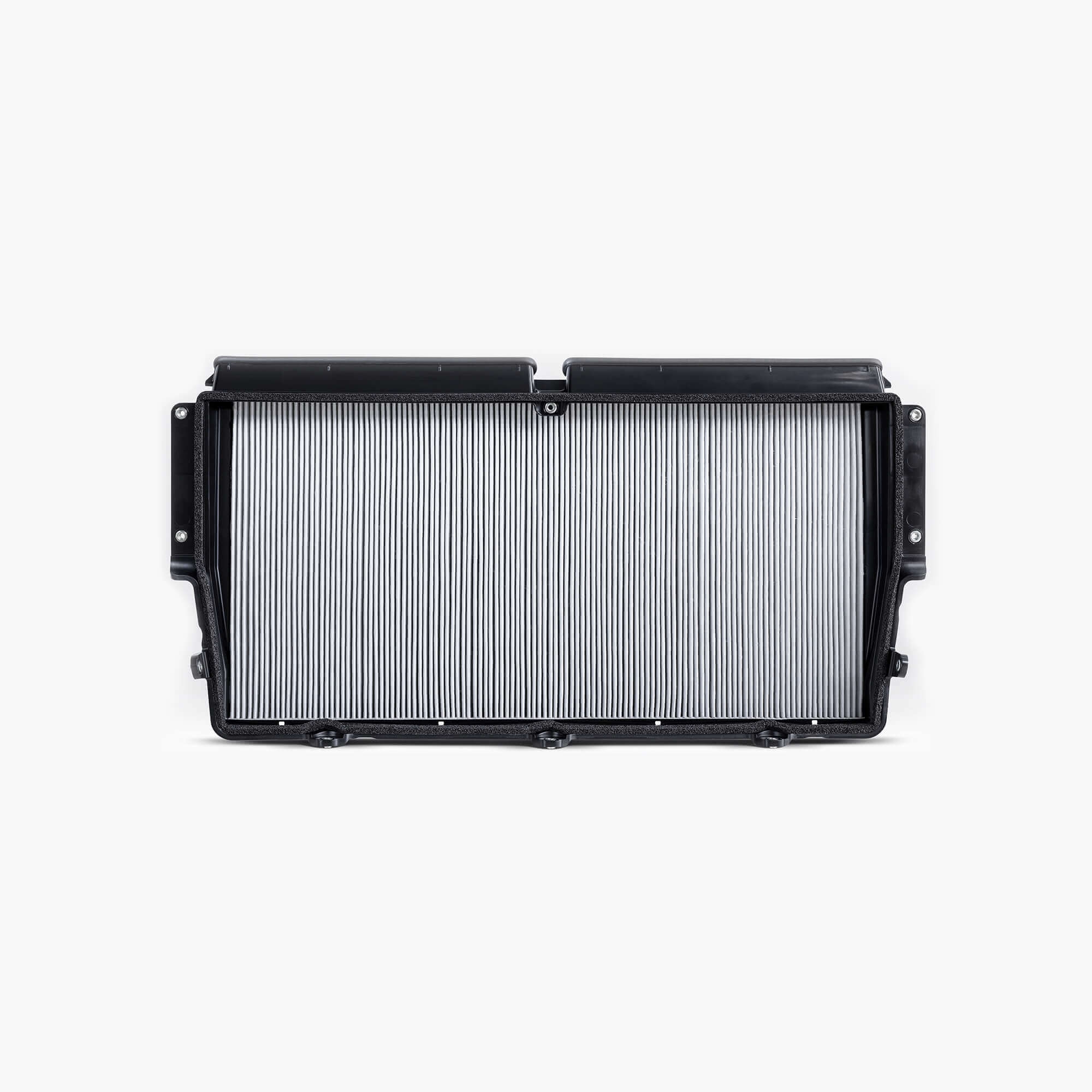Good afternoon, everyone.
I’ve never been one to change things from factory spec, especially on a brand-new car. But after counting 30 sneezes from the back seat on a road trip, I figured a HEPA cabin filter would be a decent idea to try out. I ended up going with a Bosch 6092C filter, which came at A total cost of $10.62 shipped from www.Rockauto.com. It hurts to replace a factory filter with only 3,000 miles on it, but I figure the reduced allergens for my boys as well as possible long-term health benefits would be worthwhile.
There seems to be a small reduction in airflow, but nothing significant. It’s too early to tell how much of a difference it makes, but the difference in spec is huge. The Bosch standard-grade filter is rated to stop 80% of particulates at 3 microns. The HEPA filter stops 99.7% of particulates at 0.3 microns, so it’s blocking stuff 1/10th the size of their standard filter. I figure the factory filter would be equivalent to the Bosch standard unit.
![518336 518336]()
![518337 518337]()
I’ve never been one to change things from factory spec, especially on a brand-new car. But after counting 30 sneezes from the back seat on a road trip, I figured a HEPA cabin filter would be a decent idea to try out. I ended up going with a Bosch 6092C filter, which came at A total cost of $10.62 shipped from www.Rockauto.com. It hurts to replace a factory filter with only 3,000 miles on it, but I figure the reduced allergens for my boys as well as possible long-term health benefits would be worthwhile.
There seems to be a small reduction in airflow, but nothing significant. It’s too early to tell how much of a difference it makes, but the difference in spec is huge. The Bosch standard-grade filter is rated to stop 80% of particulates at 3 microns. The HEPA filter stops 99.7% of particulates at 0.3 microns, so it’s blocking stuff 1/10th the size of their standard filter. I figure the factory filter would be equivalent to the Bosch standard unit.








